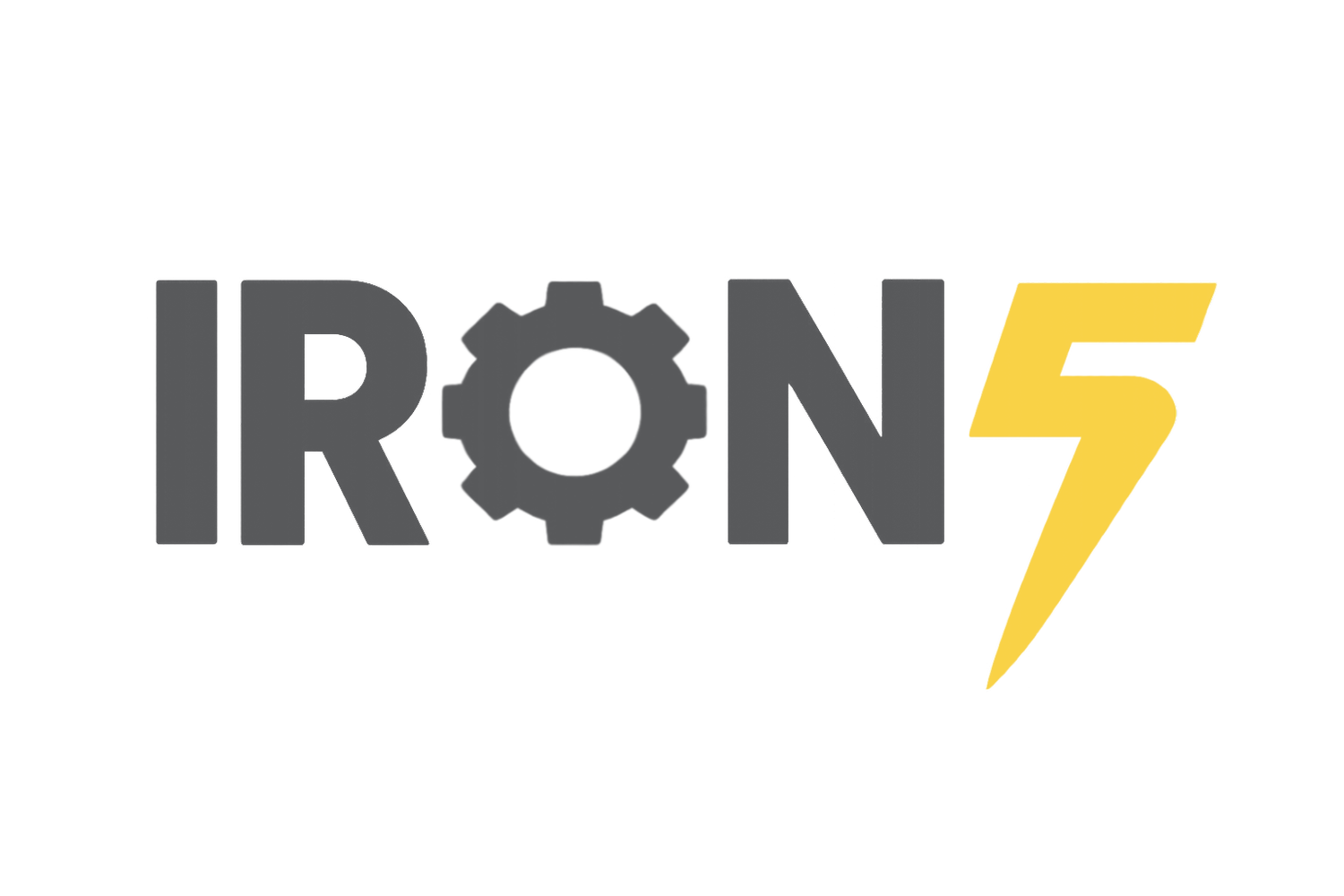FAQ’s
-
1. What types of equipment and vehicles do you service?
We specialize in repairs and maintenance for:
Heavy equipment (all makes and models - dozers, excavators, loaders, Trucks, skid steers, etc.)
Commercial trucks (all major brands, including Kenworth, Peterbilt, Volvo, Mack, Freightliner, International, Western Star, Isuzu, and more)
Commercial Trailers (all makes and models)
Automotive (Chevrolet, GMC, Ford, Dodge, etc.)
Buses (Passenger Van, School, Airport Shuttles)
Small Tools (Generators, Jumping Jacks, Plate Tampers, and more)
2. Where are you located and what areas do you serve?
Our facility is at 1403 6th Street, Nisku, Alberta, T9E 7M7, in the heart of Nisku’s industrial hub. We serve the greater Edmonton area and now offer mobile repair services in both Alberta and British Columbia.
3. What are your business hours?
Monday to Friday, 7:30 AM – 4:00 PM
Closed weekends and holidays.4. Do you offer on-site/mobile repair services?
Yes. Our mobile team handles general repairs, oil changes, and diagnostics at your location, minimizing your downtime.
5. Are you certified to perform CVIP inspections?
Yes. We’re authorized for CVIP inspections in Alberta.
6. How long do CVIP inspections take?
Most CVIP inspections are completed within one business day, depending on scheduling and the condition of your equipment.
7. What preventative maintenance services do you offer?
We provide customized maintenance programs tailored to your fleet’s size, usage, and operational needs. Services include fluids, filters, brakes, lights, and more—scheduled by time or usage (hours/kilometres).
8. Do you handle emergency repairs?
Yes. While 90% of our work is scheduled maintenance, we also respond quickly to emergency and breakdown repairs to get your equipment back in service.
9. What brands do you work with?
We service all major brands, including Caterpillar, John Deere, Komatsu, Hitachi, JCB, Sany, Hyundai, Bobcat, Case, Terex, Liebherr, and more. Our expertise covers both North American and international manufacturers.
10. What sets IRON 5 apart from other repair shops?
Full-service facility with seven drive-through bays and a secure yard
Red Seal-endorsed technicians
Transparent inspection and repair reporting
Fleet-centric scheduling and preventative maintenance
Fast parts sourcing through trusted supplier networks
Relationship-driven, long-term partnerships
11. How do I schedule service or request a quote?
Contact us at (587) 402-6665 or email service@iron5.ca. You can also visit https://www.iron5.ca for more details or to request service online.
12. What are common issues you repair?
Frequent repairs include:
Lights and electrical systems
Brake systems
Air leaks
Tire replacements and repairs
No start/hard start diagnostics
13. Do you provide detailed reports?
Yes. Every inspection and repair comes with a detailed report, keeping you fully informed for better decision-making.
14. What is a Red Seal-endorsed technician, and why does it matter?
At IRON 5, all senior technicians hold Red Seal journeyman certifications—Canada’s highest standard for heavy equipment and commercial vehicle repair. We also employ registered apprentices who are actively working toward their Red Seal, ensuring our team stays skilled and up-to-date. This means your fleet is serviced by experts committed to quality and safety.
-
Q1: How can preventative maintenance reduce downtime for Alberta fleets?
Preventative maintenance keeps your fleet operating at peak performance by catching and fixing minor issues before they cause costly breakdowns. For fleets in Nisku, South Edmonton, and across Alberta, seasonal inspections after the summer slowdown prepare vehicles for high-demand fall and winter work.
Key steps include:Seasonal brake, tire, and heating system checks
Cold-weather fluid testing and top-ups
Battery capacity testing
Tire rotation and early switch to winter or all-weather tires
Driver walk-arounds to spot early wear.
Proactive servicing helps oil & gas fleets, construction companies, and municipal service departments avoid unexpected downtime, improve safety, and keep operations on schedule. [Contact us to book your seasonal fleet service today.]
Q2: What’s the difference between preventative maintenance and reactive repairs?
Preventative maintenance is planned servicing—like oil changes, brake inspections, and tire rotations—performed at set intervals to prevent breakdowns. Reactive repairs happen only after a failure occurs, often leading to higher costs and unplanned downtime.
For Alberta’s heavy-use fleets, preventative maintenance keeps you in control of scheduling and ensures your vehicles are ready for the demands of winter.Q3: How often should fleets in Alberta get preventative maintenance?
Service frequency depends on vehicle type, mileage, and operating conditions. Many South Edmonton and Nisku fleets follow manufacturer-recommended intervals but adjust for Alberta’s extreme weather.
Best practice:Seasonal inspections every spring and fall
Ongoing checks based on mileage or operating hours
Extra attention before winter to prepare for cold starts, icy roads, and heavy loads
Q4: Can small fleets do preventative maintenance without expensive telematics?
Yes. Even without advanced diagnostic tools, low-tech maintenance steps can significantly reduce downtime. Regular driver inspections, manual record-keeping, and basic tools like tread gauges and battery testers can prevent breakdowns. For smaller fleets, a simple checklist and scheduled shop visits can deliver strong results.Q5: What’s included in a seasonal fleet maintenance service in Alberta?
A seasonal fleet service typically covers:Brake inspections
Tire rotation and winter tire changeover
Fluid checks and winter-grade adjustments
Battery testing/replacement
Heating, defrost, and block heater checks
Lighting and wiper inspections
Lubrication of moving components
This ensures your fleet is ready for Alberta’s colder months and helps you avoid mid-season shop delays.
Q6: Why is winter prep so important for fleets in Nisku and South Edmonton?
Winter in Alberta brings extreme cold, snow, and icy conditions. Without proper winter prep, vehicles are more likely to suffer battery failure, fluid thickening, tire performance issues, and mechanical breakdowns. Winter-ready fleets maintain higher uptime, safer operations, and better service delivery to customers.

